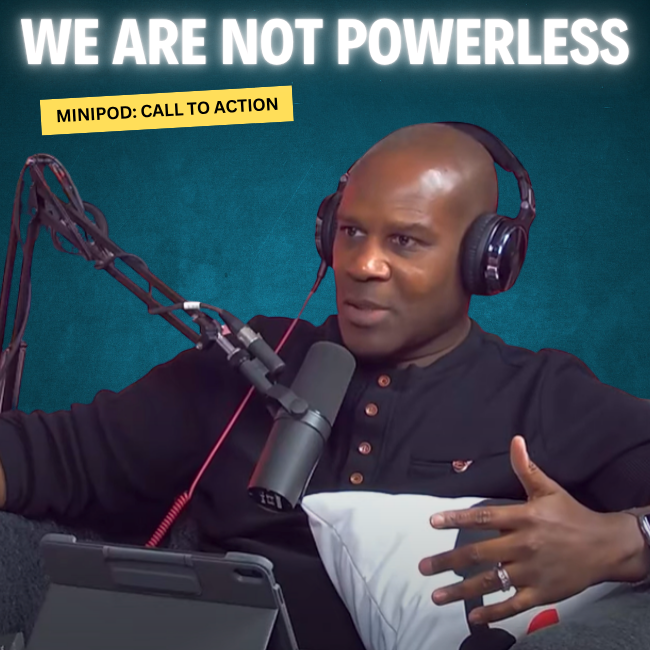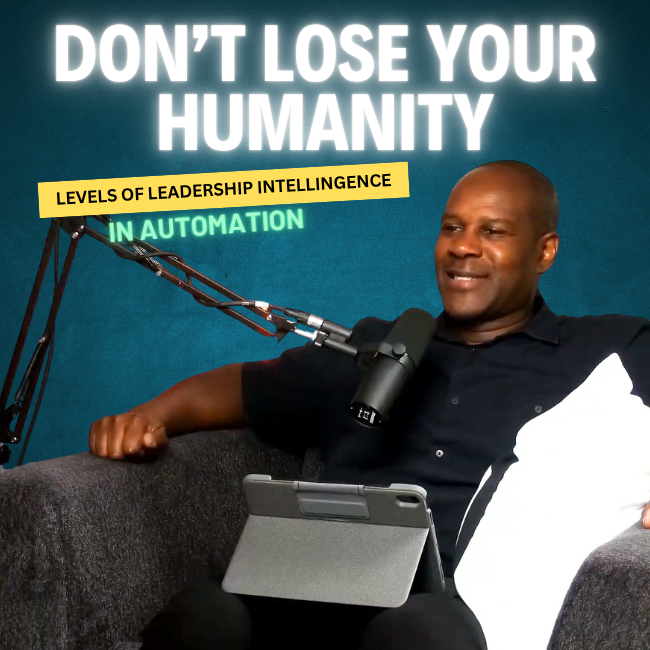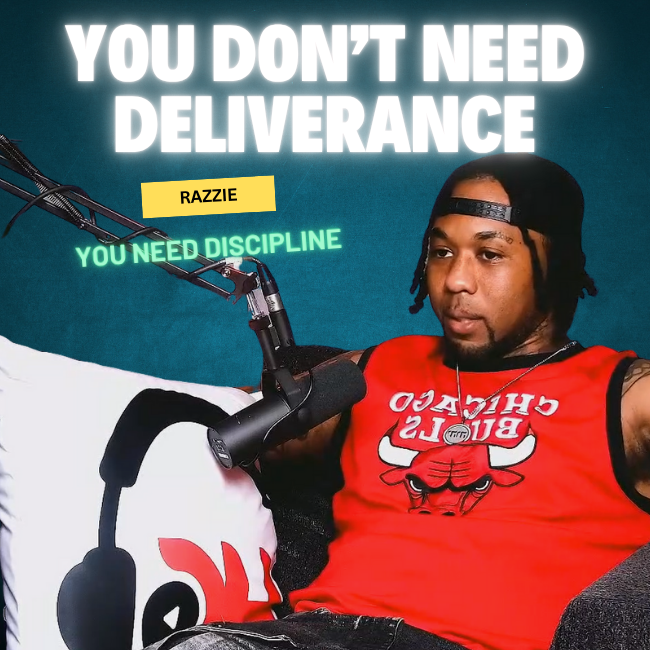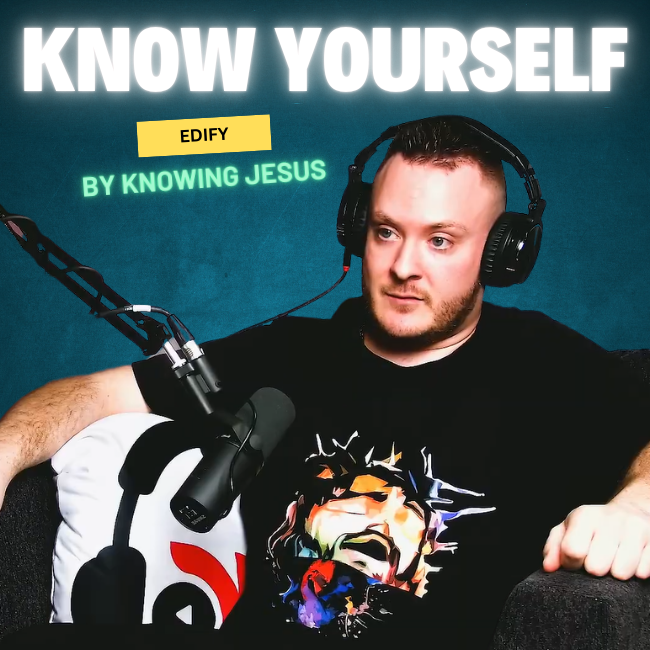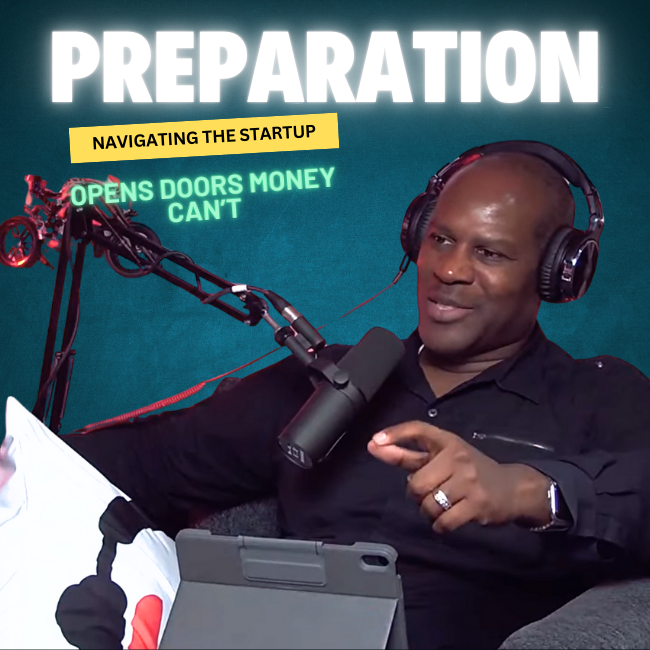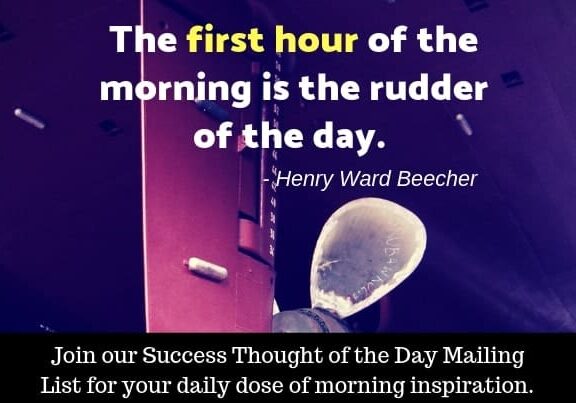Episode 61: Life’s Non-Conformities with Salman Raza
Subscribe: iTunes | IHeartRadio | Spotify | Stitcher
The line of sight between where you are now and your vision is difficult to create, to begin with. At to that the inevitable barriers that you will face in between. Some of those barriers include people, cultures, and more. How will you properly handle them? This episode will share some techniques that will help.
About Salman Raza
Salman is a Biomedical Engineer by qualification, an Auditor by profession, and a reformist and visionary at heart. He has lived on four continents and worked in thirty countries. The diversity and experiences afforded him an insight into working with different cultures, values, and personality types. He leads trainings and workshops on the enclosed subjects; meeting and teaching a thousand new people every year. With decades of experience, Salman’s work provided him with a better understanding of our various emotions and behaviors. Now these practices are found in one place
Visit Salman Raza
www.salmanraza.net
www.razalution.com
Full Transcript
[00:00:00] James: Welcome to another episode of the Corelink Solution, a place where we try to help you with the awareness and actionable insights. You I’m going to begin this one with the quote that I love from Jim Hightower and for folks that know me and are in my tribe, you know, I do a Success Thought Of The Day, each and every day, that begins with a quote. And today’s quote is from Jim Hightower, it says, “the opposite for courage is not cowardice, it is conformity. Even a dead fish can go with the flow.”
So what does that mean? It takes quite a bit of work to define your purpose, to begin with. When you think about passion and purpose, it takes a lot of work to even define that. And then with that in hand, you still have to set that vision. And I always say vision is across the river. You’re on one side of the river and you have to get across that river and to do that, you have to plan goals. And then once you plan those goals, those goals should direct your priorities.
I think as you have all those things done with the high level of intention, success should be in your view. Well, Not necessarily. There are a lot of things that happen after that. You encounter people, you encounter environments, you encounter cultures. And at those times in those situations you have to make a decision.
Will you continue to drive forward or will you conform? Well, to join me in that topic today is Salman Raza. Salman is joining me to discuss his book, Life’s Non Conformities. He’s a biomedical engineer by qualification, an auditor by profession and a reformist and visionary at heart. He’s lived on four, count them four continents and worked in 30 countries.
So he brings a lot of experience. So this topic, Simon, welcome to the core links. Thank you. Thank you for having me. Absolutely. Thank you for joining me. So tell me this. I always like to start here before we dive into the meat of the matter, what is one thing you might be able to share with the coiling solution audience that [00:02:00] even those closest to you may not know
[00:02:03] Salman: About by myself?
Yeah, it’s primarily is the inquisitive nature of mine. I probably people around me knows about that, how curiosity and inquisitiveness drives me, but they probably don’t know the extent of it. I want to know and learn about everything in anything. So that’s how I describe myself.
[00:02:25] James: That leads right into my next question, which is, how did you get into this work really of helping, I will call it defy conformity of your book, title. You can’t be unclear when you look at your title. Life’s, Non Conformities. What led you to this work?
[00:02:40] Salman: It’s a complex question, but I am an auditor for medical device regulation. So I, for my day job, I go in medical to medical device companies and make sure that they, they are following the rules. The devices are conforming before they get to into market and for patients use. So my job is to make sure that they conform to regulations.
So technically an auditor is, traditionally non-conformance on manufacturers who are not complying with regulations. So that is a theme that I have taken because that’s my bread and butter. However the whole work is revolving around individual as a person, and what are the inhabitants? What are the nonconformities within us that is restricting us to realize our own potential? To describe that, let me explain. I explain in my book we all know the metamorphosis of caterpillar into a butterfly. Every caterpillar has potential of being a butterfly, but not every caterpillar becomes a butterfly.
And when I learned that statistics behind it only wanting a hundred or possibly two in a hundred caterpillars, transformed [00:04:00] into a butterfly and realize their potential. Wow. I didn’t know that either. And that became the inspiration that we as humans. We have extremely high potential that we don’t realize.
And we on a personal level, we have the potential of just like a caterpillar, we have the potential of being a colorful, being like a butterfly, but our nonconformities that we carry inside us, they restrict us to realize that potential. And the book is about identifying those blind spots that nonconformities, that we have to address. Once we somehow overcome those and become aware of them, life’s becomes very beautiful.
[00:04:46] James: As I went through your book, I really enjoy some of the stories and maybe you can give a brief, fly over of the interaction with Colton during the auditing engagement you had with him.
[00:04:55] Salman: So for the interest of your audience. So I, as I tell you for my day job, I go meet different people every day. I meet thousands of people every year. So in that particular instance, I was threatened as a lot of your audience may have felt in a lot of situations. And I somehow came alive from that really life-threatening encounter. And so before I explain that event, I take you maybe 10, 15 years back where I was doing exactly the same job. And it was a very professional environment and very nice qualified pay, nice, polite people. But I had to write a nonconformance because they were not doing the they were doing some illegal stuff.
So when I communicate to them that I’m writing a non-conformance even though I was 200% correct in my technical presentation. But the way I presented them, I put them in a very defensive mode and they kicked me out of the building and I was shaking. I was [00:06:00] literally, that was the most embarrassing, most insulting experience of my life at that point.
Even though, technically I was right, I did a lot of things wrong in that communication. And then from that insulting and embarrassing episode, I start learning a lot about myself, about personalities, about communication and all those things.
So now fast forward, back in 2016 the week after Mr. Donald Trump got elected as president I’m in Tuscaloosa, Alabama, trying to audit this guy and I didn’t know what I was walking into, he was a kind of one man band company. And. As I found out he was a white supremacist and he was insulted, literally insulted being audited by a colored person.
[00:06:51] James: By your very presence, your presence alone? Yeah.
[00:06:56] Salman: And the whole episode, hopefully your audience will read the book and episode. At every step he was trying to provoke me. He was trying to get a reaction out of me. But in that time, what I had learned about myself, about others, about emotions, about egos, about managing those emotions. Somehow I managed to use things all those aspects and techniques.
And even though he had access to firearm and I had to write a nonconformance and I was threatened that I will not go alive from that premises. But by using all those soft skills, I came out alive, and when I was driving back to airport from his office and I was thinking, how did that happen? How did I do that? And I start analyzing every step.
So I came back and then I shared that experience with my workplace and my colleagues. A lot of people said that is very useful [00:08:00] because at that time, if you recall about November, 2016, there was a lot of violence, and police brutality. A lot of people were suffering from those incidents.
A lot of people in my circle, they said, “You should share that experience. People will benefit from that. A lot of people are suffering because they don’t know how to deal with those situations. So your experience will help.” So that became the motivation to write a book. So the book is not for making money.
It’s not a million dollar project. It’s a million lives inspiration product. So if I can give that awareness to a million people who can somehow even take one or two things from it, that’s the objective.
[00:08:44] James: No, that’s good. And my understanding is that experience became a catalyst to you also doing extensive training up to a thousand folks on an annual basis now, in terms of how to use some of these skills that you’ve codified as a result of that experience, is that correct?
[00:09:00] Salman: Absolutely, because as soon as I started sharing because I never thought that I am something, oh, I know something special. And so, I I started sharing those things and people say, oh, that’s useful. I want you to come to my team and explain all that. And that’s how it started. So people start finding it useful especially the younger youth. Our youth definitely need that awareness. I started giving this to my local community in Houston, teenagers, young adults. And I felt that this is the right time for them to have that awareness and becoming aware of yourself, but becoming aware of others and identify moments when someone is trying to provoke you.
If we somehow manage our emotions, and deal with the rational mind, we can handle those situations a lot more effectively.
[00:09:54] James: Absolutely. There’s two things that kind of jump out to me here. One is, it’s probably worth [00:10:00] defining what we mean by nonconformity. When you say nonconformity, you can be something that holds you back.
How would you simply define that when you say nonconformity?
[00:10:08] Salman: Literally nonconformence means when something is not meeting a criteria. So if there is a rule we ought to meet that rule. We nonconform. But in the context I’m presenting in the book we are assessing against our own value.
Our own ego, our own personality. So our first job is to assess ourselves against the best of us. What is the best of us? Are we are we demonstrating what is my potential? So if I don’t meet best of me criteria, I’m nonconforming right. So that is my criteria. Let me be clear because I think the code that you have used in the beginning of the program I want to make clear that I’m not encouraging people to go with the flow and don’t stand up against something.
This is not the intent. We are not saying, accept and get suppressed. The point is assess against our own best, identify our own best self assess against that criteria, and then it will be in non-conformance. So it’s a self-improvement exercise. So the nonconformance that you asked me to define, have I met the best of me?
[00:11:33] James: Yes, absolutely good clarity. And I’ll restate the quote from Jim Hightower, “The opposite for courage is not cowardice. It is conformity”. Let me just stop there. In other words, to surrender your belief system to surrender your values, right? Is the opposite of courage, right? To not stick, stay, understand. It doesn’t mean totally be rigid and just push back for pushback sake. But to do that evaluation and understand what the it is and then [00:12:00] determine how to move through that. And so with that, and then now let me come back to you. So there are three big takeaway items I think, here for people to get, and I’d love to walk through each of them a little bit. And the one thing you talk about is the use of interpersonal skills to avoid being the victim.
Talk a little bit about that.
[00:12:17] Salman: There are several things personality types and the cultural awareness and communication. So there are so many layers of it that hopefully your audience will get to learn when they read the book. However, the main thing that I feel is the root cause is understanding the ego is important.
So I, we all have ego and we need to. Control that emotion. We have to control that ego. So it’s an example, like if I’m riding on a horse. So the horse should be controlled by me. It shouldn’t be other way around. So I should not be at the mercy of the horse and where it wants to take me. I should use that rein. And then I should decide where I want to go. So similarly, if we let our ego unleashed uncontrolled, it will take us to a territory that is harmful for us. If I managed to understand my ego. And what my ego triggers are. And then I understand how ego dynamics work and someone we are interacting with.
We understand their ego and what their ego triggers are, then we met manage ourselves carefully. And certain skills apart from ego is the awareness of what’s happening around us, body language for example. If someone comes to us and starts yelling, on a scale from one to 10 yelling at seven, very high intensity. If I start responding back at the same intensity or even higher, we are asking for trouble, it will go higher and higher, and rationality will go out of window. If awareness of my what’s going around me as, okay, [00:14:00] this person has started talking to me at level seven. If I start talking to him with level five or even four, in a few seconds, I will start noticing that their level is subconsciously adjusting to my intensity.
So these are the few tips that we use to becoming aware I’m in alert, aware state, and that is changing the dynamics around me. I’ll share some funny examples, you may have read in my book. I’m sitting in a living room, at that time, my daughter is five. She comes to me on a dinner table and she says, daddy, you’re ugly and fat. And I looked at her and I’m smiling.
And just being analytical in approach, I smiled and laughed it off, but then I start thinking and reflecting, why I’m smiling, which is an expression that if said by anyone in the world, including my wife, my parents, my siblings, anyone in the world. If they have said it to me, I would have felt totally differently.
I would have been enraged. My ego would be triggered, but I am not reacting that way. And my conclusion was because I, at no level am in competition with my daughter. Absolutely. my heart is at peace. She is not threatening me at any level at a conscious or subconscious level. I’m completely at peace with her.
So that utopian state of mind, helped me control my ego trigger. Of course, we cannot have that with every individual. But the reason I mentioned that if I felt with my daughter, then potentially it is possible, if not exactly the [00:16:00] same intensity I can be at ease, whatever the circumstance.
[00:16:05] James: And we would never be at a covered all here, but for those that are interested in what. Some some honest talking about. This whole idea of controlling the ego, like you talked about. And I love the example of riding the horse and the ego being the horse in that metaphor. That level of self-awareness that you just talked about with your daughter to understand how you are in a triggered state versus a non triggered state and how to handle self-expression. As well as stress tolerance, right? All of those things fall into the framework of EQ right or emotional intelligence. And I will highly recommend folks to dig into that topic if they want to have more control in this. Because to be good in the moment you have to do some dissection before getting to the moment.
You need to understand yourself at a deeper level in terms of how you might respond to be able to get in front of that response.
So then the second thing you talk about is how to use soft skills for career progression. And one of the things that I was really impressed by in your book was the different environments you had gone through the experience with Colton, the experience you talk about with the HR manager and because of the nature of your job going inside so many different client facilities., right?
Talk about some of the soft skills that you talk about that really lead to career progression that you’ve utilized and you’ve coached others to utilize.
[00:17:19] Salman: Yeah. The first starting point, the most important thing is the self-awareness. First understand ourselves. So if I describe our existence, it is just imagine a triangle or a pyramid.
So there is a base of the pyramid. It’s human nature, everyone is born with it. And then there’s a second layer on top of it is a culture that we grew up in. And then the apex of it is, it’s our personality. So we all bond with the human nature. We all feel hungry, thirsty. We have emotions and ego.
Okay. So we all have that. In between, the culture is learned. We learned [00:18:00] that. It can be unlearned. It can be learned. So that sets the culture part we need to be aware of. And then there is personality that is again, unique to me. I’m born with those temperaments. So understanding those, self-awareness whether I like I’m an introvert, do I like to energize in my own company or I need people to energize me. So that’s self-awareness. And then you identify whether I like things that the doc methodology, or systematically, or I take a relaxed approach to achieve.
So all those things that. I need to learn who I am, what my preferences are and what our other potential differences are. So if I’m aware of myself and I am aware of people, different types that I may well interact with, it helps me formulate my response . So if I see someone working in the, in their own little Kevin, we know, okay, this person is maybe reflective time.
So I need to approach with the questions and answers differently. So these soft skills help us. Behave in a way that we become likable. Yes. I stopped annoying people by asking them questions or approaching them in a way that is not their preferred way. So once I create that awareness around me, about me, and about others, It makes a great deal.
So that’s one of the biggest soft skill s, becoming aware of ourselves and becoming aware of people around us.
[00:19:38] James: And now the third one is a topic that in my humble opinion has become almost popular to talk about, over the last, it feels like the last two years.
Vulnerability, being more vulnerable. But, it’s still a challenge for many leaders to actually lead with vulnerability. So this, we say it a lot. But leading with vulnerability is still a [00:20:00] difficult course for many. And so one, I would love you to talk about two things.
One, the importance of leading with vulnerability and then two, what have you found that helps leaders get over that hurdle to actually do it.
[00:20:15] Salman: Yeah, absolutely. Very good question. And I agree with you. It is becoming at the forefront in leadership talks as well. So it is linked with two things that we already have.
So ego is one of them. And the other thing that you started with in your when you were coating is vision. If we are aligned and driven by the vision that is fundamentally the most important thing for any leader. For anyone you don’t even have to be leading a company you’re leading yourself, you’re leading a family.
So vision is the most important thing. Once we know where I want to go and I’m aligned with my vision, that helps me. That gives me confidence. That gives me purpose. Anything that distracts me from that vision, it becomes a non-issue. If we are not attached to a vision, then we get distracted very easily. People talking backbiting, putting you down all these things that are distractors and they’re noise. So once you are committed to a vision, all the noise becomes irrelevant. That’s one thing, the other thing for leaders and leadership, is linked with the ego that I was explaining.
If I present myself as infallible, I am better than you. I’m giving you instructions because I know more than you, you don’t know anything. There is a difference between arrogance and confidence. Confidence is I know I’m good and arrogance- I’m better than you. No, we are not. We are trying to go away from that.[00:22:00]
Once I start communicating with my followers, my colleagues, that I’m not better than you I’m as valuable as human as you are. I make mistakes. You should learn from my mistakes. If I’m presenting something, it is because I have this experience. I made that mistake. So once I present myself as equal. Then there is no ego involved.
Then I’m equal to you. You are in rational thinking and listening mode, as soon as I trigger your ego and try to give the impression that I am better than you subconsciously, unconsciously, your mind is saying, “no, resist that, resist that instruction,” because our self-respect is saying, “no, I’m not less than you and you’re not bad.”
So when we create that vulnerability in our communication, look, I am as vulnerable as human as you are. I have made those mistakes once we present. In that fashion, you become a leader because people are now following you because they have to follow you because they like to.
That is what I mean by leading with vulnerability, and that’s why I feel it’s more effective..
[00:23:23] James: So good. So let me to recap these three takeaways for folks, as we begin to wrap up a bit. So first Salman talked about, the use of these interpersonal skills, and again, let that metaphor stick with you of a managing your ego, right?
So you’re on a horse. The horse should not take you where the horse wants to -go. You should control the horse, visualize that horse being your ego. How do you not let your ego take you places you don’t want to go? And one of the things he talked about is the difference between a triggered state and a non triggered state, I’m paraphrasing to use my words and think about that, right? So how do you really gain those interpersonal skills to be in [00:24:00] control.
Secondly, soft skills to lead through your career progression. And he talked a lot about self awareness and using those things to understand yourself, understand others and therefore improve communications, help manage conflict and so on and so forth.
And you’ll find what those things, all throughout your career negotiation, sales, you name it. The better you are understanding yourself and others, you’ll have a smoother road and you may feel like it’s a little bit more work. It is initially, but it will pay off in spades. And thirdly, leading with vulnerability becoming more vulnerable and saying, I’m going to say this saying, “We” more than you say, “I.” Not pretending that you have to have all the answers, but being a part of the, “We,” a part of the team, a part of creating the solution, a part of saying, “You know what? I don’t know all the answers to the problems, but we collectively can figure it out together and showing that you’re not bulletproof, that you are fallible as well.
Salman, thank you so much for sharing some of your wisdom and your experiences here. Where can people get a copy of your book?
Absolutely.
[00:25:02] James: So the book is available on all major outlets, including Amazon. You can also get a book on my website, Salmanrosa.net hopefully you, your audience will see the website in that. So yeah. Book is available both on Kindle and print version and yeah.
Absolutely.
We’ll have it all in the show notes and as always, Hey, thank you so much for joining us Salman and sharing your words of wisdom and continued success to you. Thank you very
much. Absolutely.


